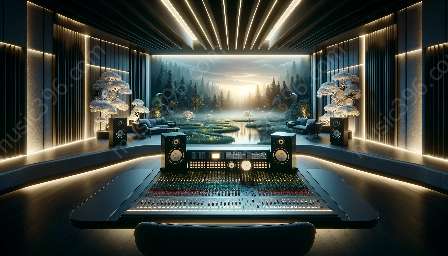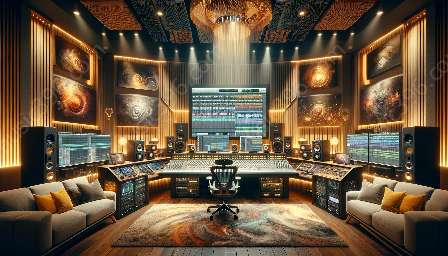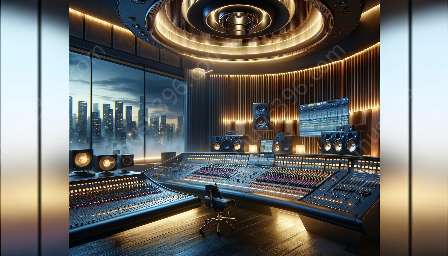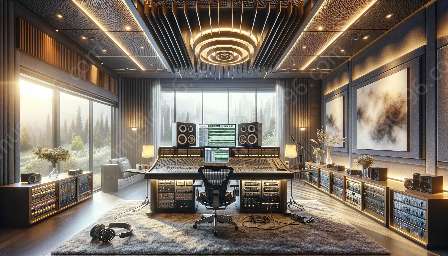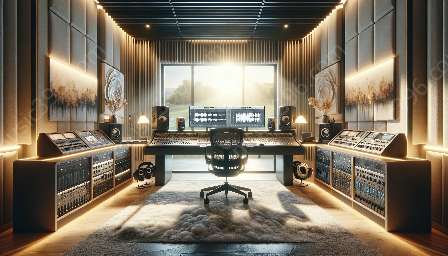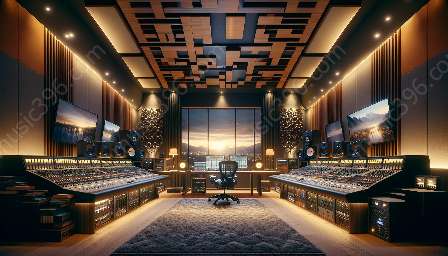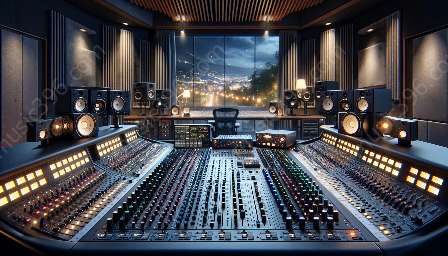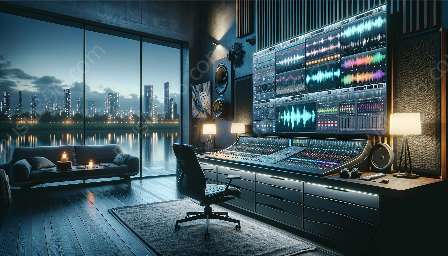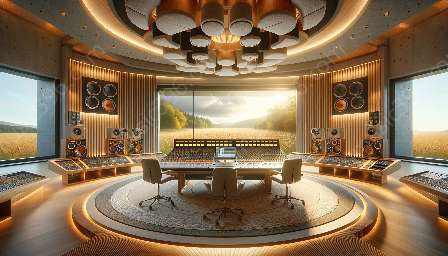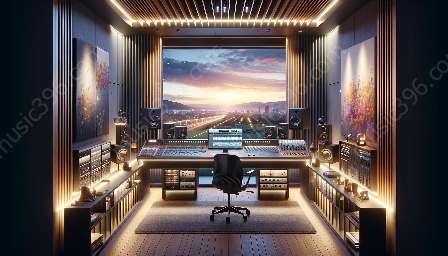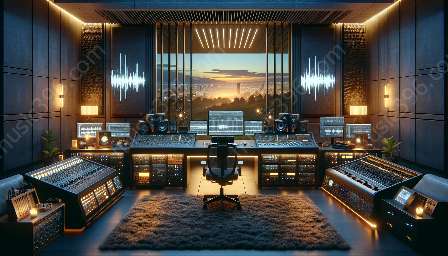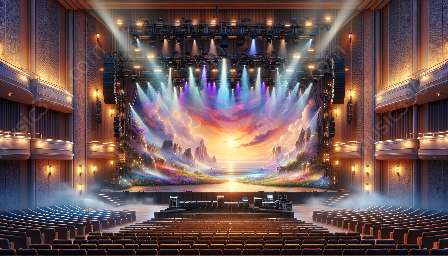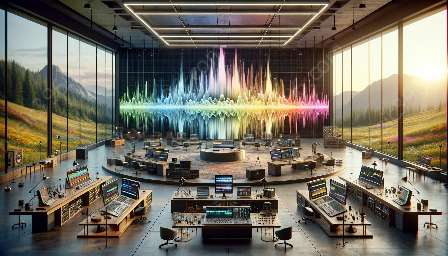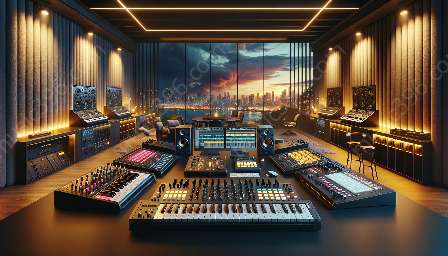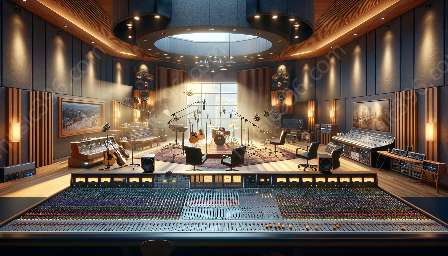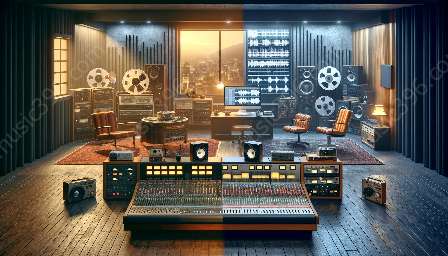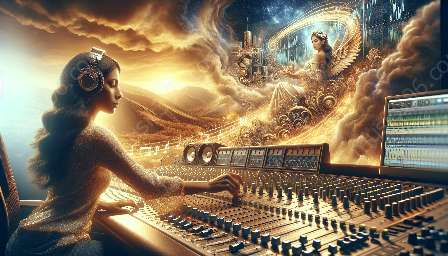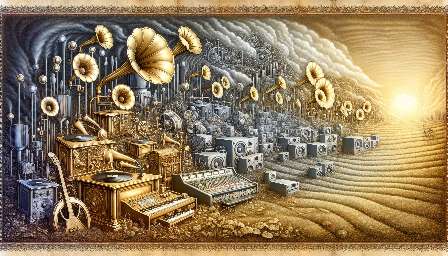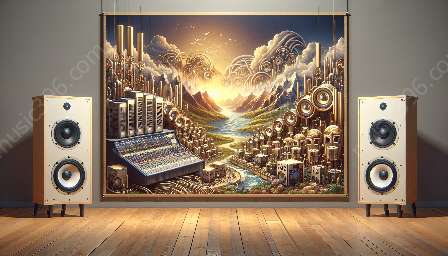Music production has evolved significantly over the years, from the analog era to the digital age. The choice between analogue or digital sound production is often influenced by cultural and societal factors, and this preference can vary across different music genres. Understanding the impact of these influences on sound engineering is crucial for appreciating the diversity of musical expression.
Analogue vs. Digital Sound Production
To comprehend the cultural and societal influences on the preference for analogue or digital sound production, it is important to first distinguish between the two approaches. Analogue sound production involves the use of physical equipment such as tape machines, mixing consoles, and outboard gear to capture and process sound. This method has been historically favored for its warm, organic, and often harmonically rich characteristics.
On the other hand, digital sound production relies on technology that converts audio signals into numerical data for processing and storage. This approach offers advantages such as precision, flexibility, and convenience, often associated with modern recording techniques.
Impact of Cultural Influences
Cultural factors play a pivotal role in shaping the preference for analogue or digital sound production. In some cultures, there is a deep-rooted appreciation for traditional craftsmanship and authenticity, which aligns with the characteristics of analogue sound. For instance, in genres like blues, jazz, and classical music, where the historical and emotional context of the music is highly valued, analogue production methods may be favored to preserve the authenticity and soulfulness of the recordings.
Conversely, in cultures driven by technological innovation and forward-thinking attitudes, digital sound production may be embraced as a means of pushing boundaries and exploring new sonic possibilities. Genres such as electronic dance music (EDM), pop, and hip-hop often embrace digital production due to its ability to create sonically adventurous and futuristic sounds that resonate with contemporary audiences.
Influence of Societal Norms
Besides cultural inclinations, societal norms also impact the preference for analogue or digital sound production. In societies where technological advancements are synonymous with progress and modernity, digital production methods may be perceived as the standard for achieving high-quality and commercially viable music. This is particularly evident in mainstream commercial music, where the demand for polished and radio-ready productions often drives artists and engineers toward digital workflows.
In contrast, societies that champion the preservation of heritage and tradition may encourage the use of analogue sound production as a way to honor the roots of music and celebrate the craftsmanship of recording and mixing techniques from bygone eras. This trend can be observed in genres like folk, Americana, and world music, where an emphasis on authenticity and nostalgia influences the choice of production methods.
Sound Engineering in Different Music Genres
Sound engineering, as a direct result of cultural and societal influences, varies significantly across different music genres. Each genre presents unique sonic characteristics and production preferences that shape the role of sound engineers and producers.
In genres where analogue production is cherished, sound engineers often strive to capture the live essence of the music, utilizing vintage equipment and techniques to impart warmth and character to the recordings. This approach not only requires technical proficiency but also a deep understanding of the cultural and historical context of the music being produced.
Conversely, in genres that embrace digital sound production, sound engineers harness the power of technology to sculpt and manipulate sound with precision and innovation. The role of sound engineers in these genres extends beyond traditional recording and mixing, often involving intricate sound design and electronic manipulation to create boundary-pushing sonic landscapes.
Conclusion
The preference for analogue or digital sound production in different music genres is undeniably influenced by cultural and societal dynamics. Understanding these influences is crucial for sound engineers and music producers, as it shapes the way they approach recording, mixing, and sonic experimentation. By recognizing the diverse array of preferences across various genres, the music industry can continue to embrace both analogue and digital sound production techniques, celebrating the rich tapestry of sonic possibilities that reflect the multifaceted nature of human expression through music.

